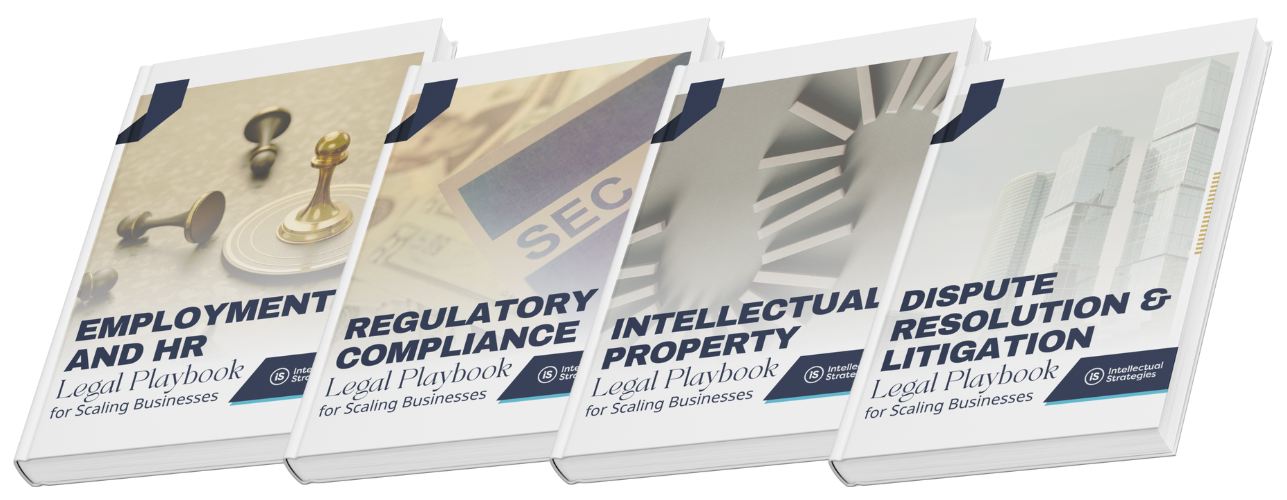FREQUENTLY ASKED QUESTIONS
What legal documents are needed to raise our first round of funding?
For early-stage rounds, you'll typically need a SAFE or convertible note, a cap table, investor rights agreements, and appropriate securities compliance documentation. We help ensure everything aligns with your goals and state/federal law.
What’s the difference between a SAFE and a convertible note?
SAFEs are simpler and more founder-friendly. They don’t carry interest or maturity dates. Convertible notes are debt instruments that convert later, often with interest. We’ll help you decide what best fits your investors and timeline.
When should I form a Delaware C-Corp for fundraising?
If you’re pursuing institutional funding, most investors will expect a Delaware C-Corp due to its legal clarity and VC preference. We help with clean conversion or reformation from LLCs.
Can you review or clean up our cap table before we raise?
Yes. We help you fix cap table issues, model dilution, track vesting, and prepare for investor due diligence so you don’t hit roadblocks mid-round.
Do we need to comply with securities laws when raising from friends and family?
Yes. Even early rounds are subject to federal and state securities laws. We help ensure you’re eligible for exemptions like Rule 506(b) or 506(c) and file the necessary forms.
Can you help us understand and negotiate term sheets?
Absolutely. We review term sheets, explain the legal and financial implications, and help you push for fair terms around control, dilution, and investor rights.
What should we include in a founder vesting schedule?
Most founders opt for a 4-year vesting with a 1-year cliff, but your structure may vary based on co-founder dynamics and investor expectations. We’ll help you structure and document it cleanly.
How can we grant equity to team members or advisors?
We set up equity incentive plans (like ISO or NSO option pools) and draft compliant grant agreements tailored to your growth strategy and team size.
What are pro rata rights and should I offer them?
Pro rata rights let investors maintain their ownership in future rounds. We help you understand when and how to offer these without giving away unnecessary leverage.
What’s the role of a side letter in a funding round?
Side letters include special terms for certain investors—like information rights, board observer seats, or fee waivers. We review and negotiate these to protect your broader cap table.
Can you coordinate with our investors or accelerator directly?
Yes. We often collaborate with VCs, angels, and accelerator legal teams to streamline due diligence, ensure alignment, and close rounds efficiently.
How can we prepare for due diligence before a round or acquisition?
We review your corporate records, IP assignments, contracts, and cap table, flagging and resolving any gaps early to build investor trust.
Do we need investor disclosure documents for every round?
Yes. Transparency builds credibility and reduces legal risk. We help prepare investor updates, risk factors, and disclosures tailored to your round and structure.
Can you help with a multi-round funding strategy?
Definitely. We advise on fundraising pacing, dilution planning, and documentation continuity so each round sets the next one up for success.
What’s the biggest legal mistake startups make when raising funds?
Raising without documentation or compliance, leading to messy cap tables, misallocated equity, or investor disputes. We help you avoid these issues and fundraise with confidence.










